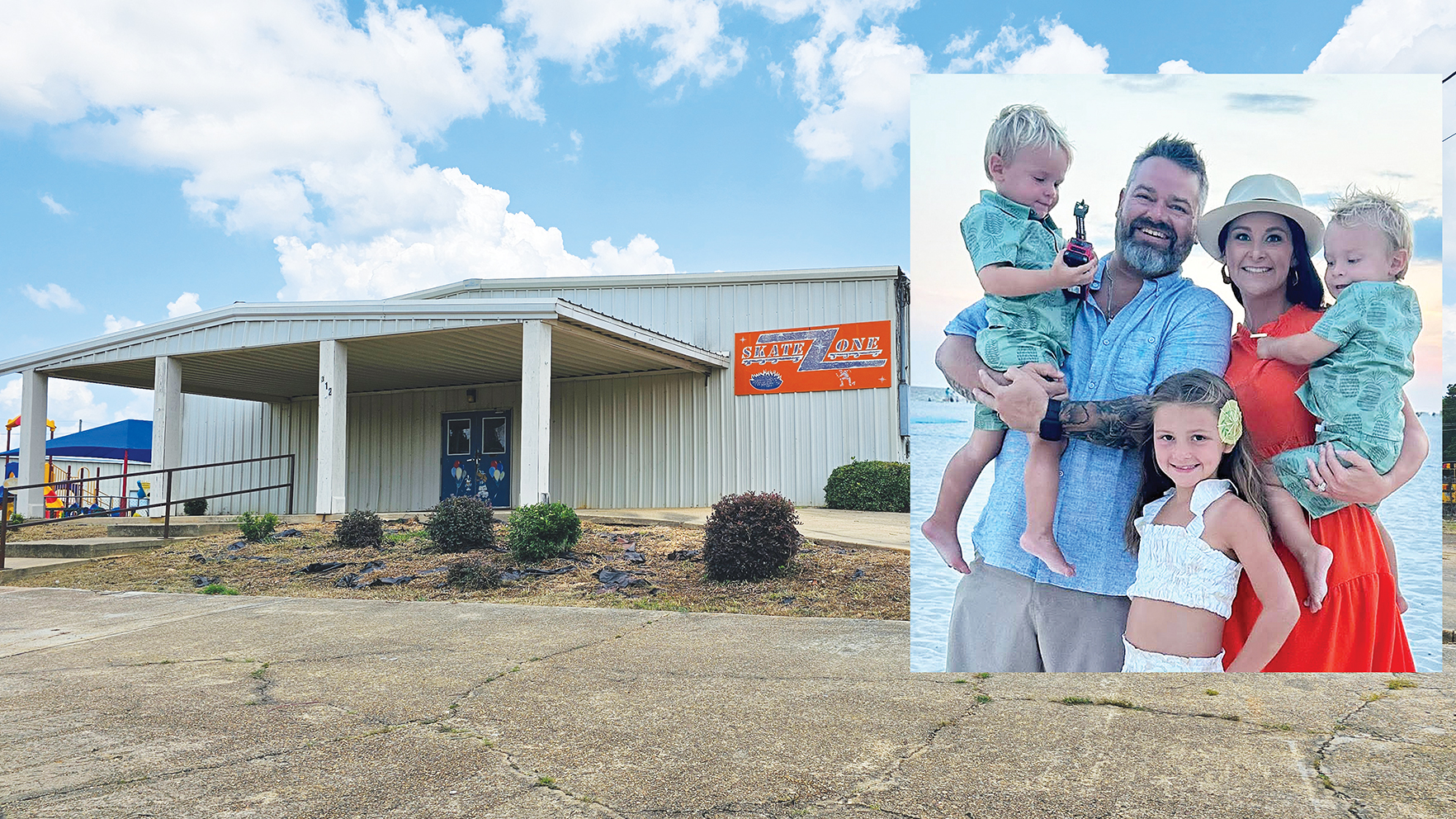Doctor remembered for community service
Published 6:00 pm Sunday, March 20, 2011
Many Copiah and Lincoln County residents know the tale or mayhave claimed to have seen the swinging lantern at “Flag Stop”signaling trains to stop as they pass through Beauregard.
But officials hope a headstone dedication service in WessonCemetery Saturday shines some light on the importance of Dr. EliasAlford Rowan – the figure that supposedly haunted the IllinoisCentral Railroad during the 1920s.
“I think he should be remembered for more than a ghost story,”said Wilson Farnham, former commander of the Brookhaven LightArtillery Sons of Confederate Veterans. “If you ‘Google’ him,that’s all you’re going to find.”
Trending
Rowan is much more than a spooky image in old folklore. Membersof the Sons of Confederate Veterans gathered in costume to helpeducate those who attended the ceremony about Rowan’s life andcommitment to his community.
“It has been an honor to mark the grave of a great Mississippianand American, and today we are gathered here to remember hisservice to God, to his country, to his home state an to his fellowman,” Farnham told spectators.
Rowan was born in Copiah County on Dec. 31, 1837. He attendedthe county schools and went on to become a doctor after receivingan education from Tulane University.
However, his academic studies were interrupted by the Civil War.Rowan served as first lieutenant of Company G, Sixth Mississippi.He also worked for two years as an assistant surgeon with the rankof captain.
Rowan’s duties would extend beyond hospitals and battlegrounds.He served in the House of Representatives during the late 1800s andthe state Senate during the late 1800s and early 1900s.
Rowan was one of the first Mississippians to carry theprohibition banner. He was a member of the Baptist church andoperated as the superintendent of the Baptist Sunday School ofWesson for 40 years.
Trending
In 1883, a cyclone tore through Copiah County, devastating thearea and injuring several people. Rowan helped those in need byadministrating medical assistance in his 24-room home, which wasbuilt with the intent of becoming a hospital.
On Dec. 13, 1912, Rowan’s life came to a screeching halt afterbeing struck by an oncoming passenger train.
“When you stand at the grave of a great man, it makes youhumble,” said Susan Alsbury, librarian emeritus of the WessonPublic Library. “He not only served our state with honor anddedication, he served this community.”
Rowan wore many hats around Copiah County. However, when RowanTaylor recalls stories of his grandfather, it is Dr. Elias Rowan’sservice to people through his medical practice that comes tomind.
“He was just always a person dedicated to serving others,” saidTaylor. “He was a remarkable individual; they don’t come along veryoften.”





